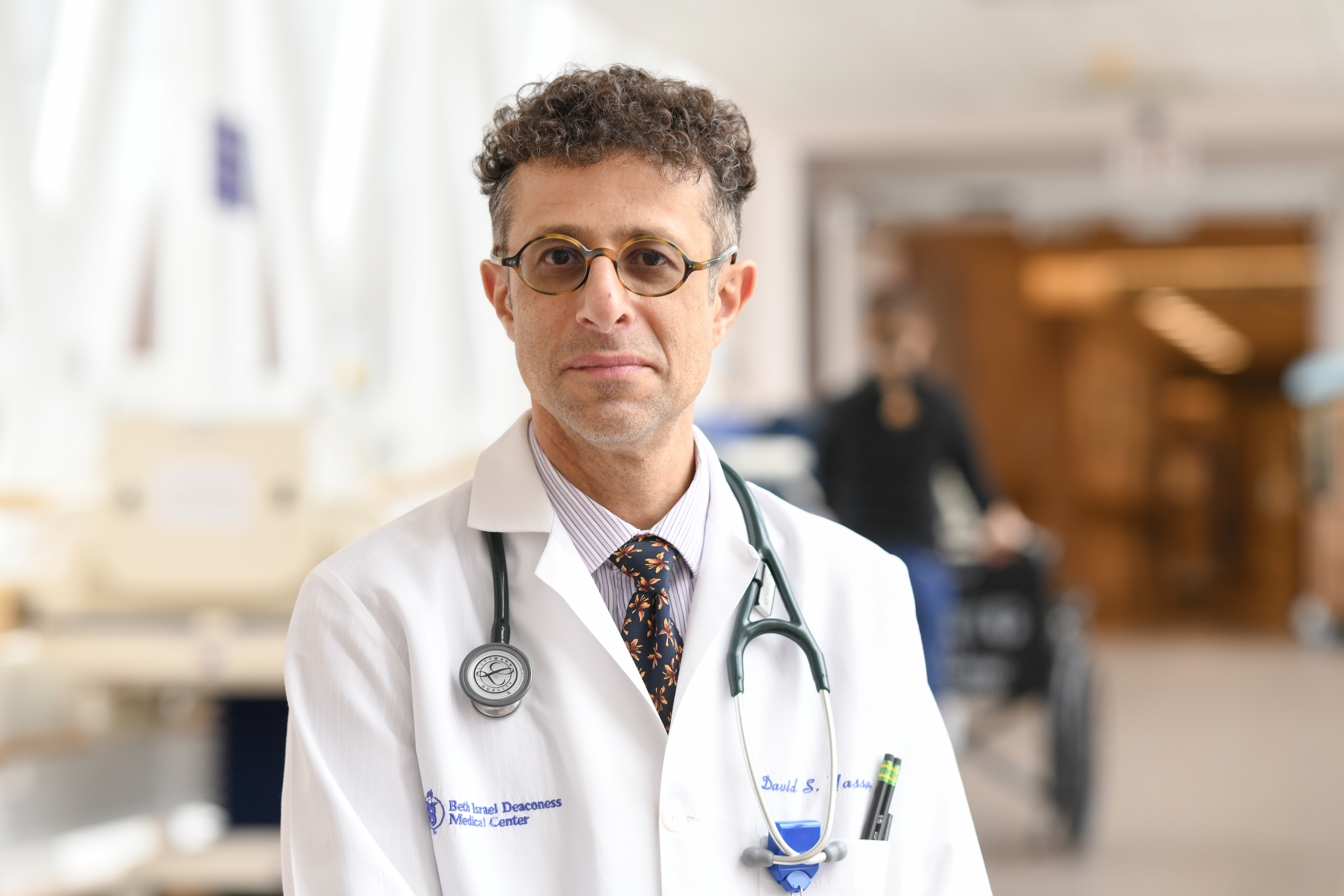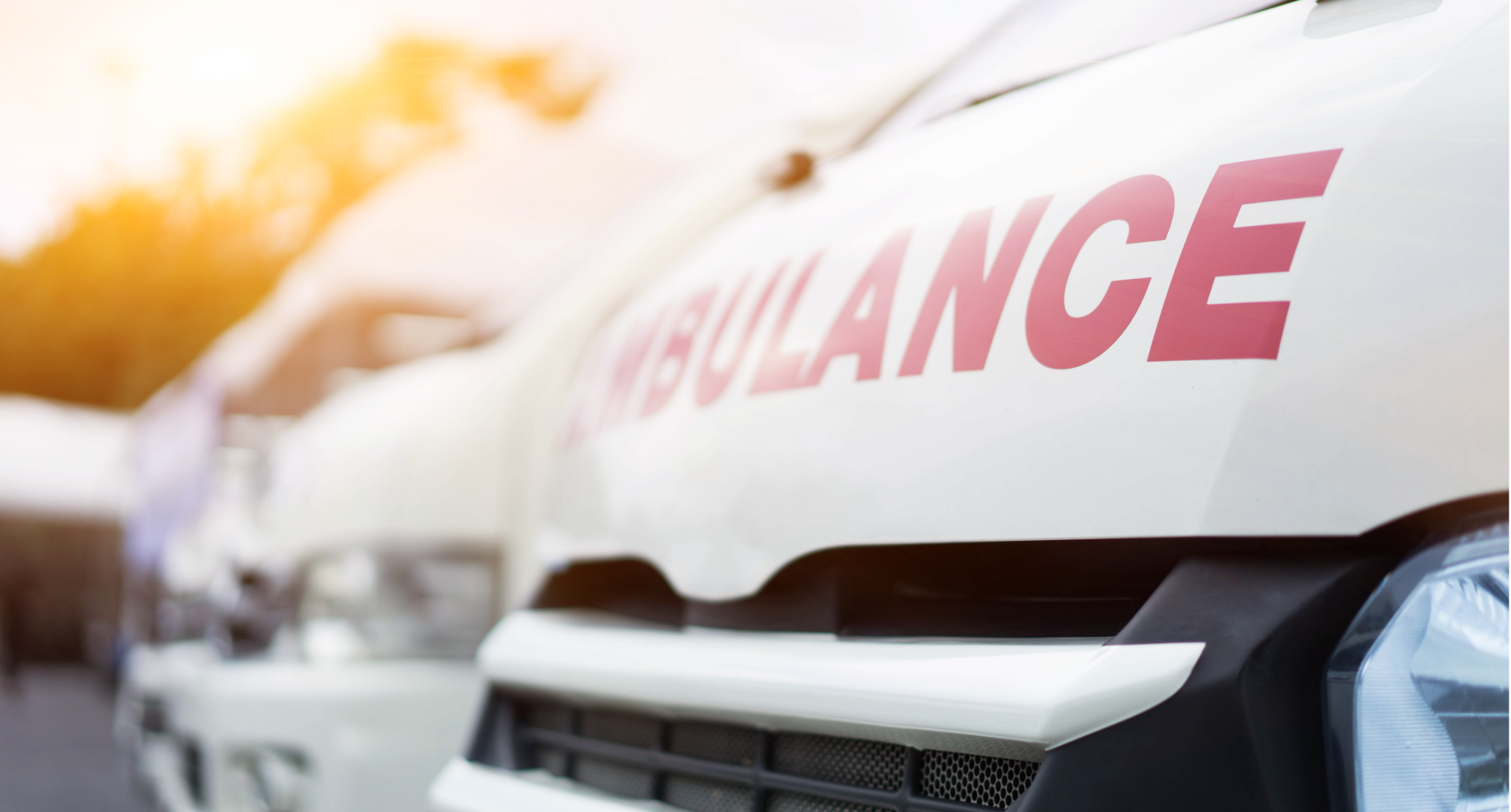Mar 2, 2020
On front lines, Massachusetts clinicians prepare for potential pandemic
Note: This article is updated by the Coverage team on an ongoing basis as new information becomes available. Contact Coverage if you have questions about the coronavirus you would like to see addressed by our reporters. Subscribe to our newsletter to get our top 5 headlines weekly in your inbox.
Massachusetts hospitals are preparing for potential cases of COVID-19, with clinicians refreshing protocol, ramping up screening and using protective equipment as the coronavirus spreads to dozens of countries around the world.
“In the case of a specific outbreak, we generally look to gather data to inform what might be a best practice and think about ways to prevent somebody who may have an infectious condition from spreading it in a health care setting,” said Dr. David Yassa, an infectious disease specialist at Beth Israel Deaconess Medical Center and chief of clinical infectious disease and travel medicine at Atrius Health. “There’s a lot of ways we can do that, depending on the level of threat you perceive.”

As of March 9, there have been more than 40 COVID-19 cases in Massachusetts since the outbreak began, including 32 linked to a Biogen employee meeting in Boston. The cases include nine in Boston as well as patients in Middlesex, Worcester, Norfolk and Berkshire counties, ranging in age from 30s to 60s. They are all isolating at home.
"We're having obviously an acceleration of cases now," Dr. Anthony Fauci, director of the National Institute of Allergy and Infectious Diseases, said in March 8 interviews with Fox News and NBC as more than 500 cases were identified in dozens of U.S. states.The most common symptoms of coronavirus infection range from mild congestion to fever, body aches, dry cough and breathing difficulties, to ore serious conditions including pneumonia and kidney failure. It is spread through tiny droplets from coughs or sneezes at close range.
The virus is spreading rapidly across most of the country, with identified cases doubling in the first week of March.
"We're having obviously an acceleration of cases now," Dr. Anthony Fauci, director of the National Institute of Allergy and Infectious Diseases, said in March 8 interviews with Fox News and NBC as more than 500 cases were identified in dozens of U.S. states.
The Massachusetts Department of Public Health says Massachusetts remains a low-risk state.
But health care hospitals are braced for cases, and following the honed processes for viral outbreaks.
What happens when a symptomatic patient comes to the hospital?
The first step, Yassa said, is conducting both active screening – asking direct questions – and passive screening, which involves watching the patient for signs and symptoms. A patient may be suspected to have the coronavirus if he or she has respiratory problems and a fever and has traveled within the past 14 days.
If a person calls in advance, they are masked immediately and taken into the hospital through the least-traveled route to avoid infecting other patients, he said. The patient is taken into what is known as a “negative pressure room,” a room designed to prevent airborne contaminants from drifting to other areas, or a private room with a HEPA filter, which traps small particles that can be inhaled and become embedded in the lungs. From there, they are screened and isolated while medical staff determine whether they qualify as a “person under investigation.”
“If they meet the criteria, you test them to confirm and all testing is done under airborne precautions,” Yassa said.
Currently, the CDC recommends prioritizing coronavirus testing for patients who have a cough, shortness of breath, a fever or other COVID-19 symptoms, and have traveled to China, Iran, Italy, Japan, or South Korea or been exposed to a COVID-19 patient. Coronavirus testing also is recommended for patients who have a fever and are hospitalized with severe acute lower respiratory illness, such as pneumonia, when there is no other diagnosis such as the flu.
World-class resources
Massachusetts General Hospital is known for its ability to help manage emerging infections – it is one of 10 regional Ebola and other special pathogens centers in the country, meaning it has the ability to manage high-containment infectious disease. For example, each regional center must have respiratory infectious disease isolation capacity or negative pressure rooms for at least 10 patients.
UMass Memorial Medical Center is using “the same approach for coronavirus as we used previously in relation to the Ebola virus,” Dr. Richard Ellison, epidemiologist at UMass Memorial, said in a statement.
“We use our Epic electronic health care system to prompt our registration staff to ask every patient if they have recently traveled outside the United States, and if so, have they traveled to China or been in contact with someone who has been diagnosed with coronavirus infection,” he said. “If the patient answers yes to these questions and has fever or respiratory symptoms, there is an alert to have the patient placed in a private room immediately with a mask, and the clinic manager and the infection control department are immediately notified.”
Protecting health care workers
At Tufts Medical Center, personnel are in the process of being retrained on the use of personal protective equipment. Hospitals are following recommendations on protective gear from the Centers for Disease Control and Prevention, which states that health care workers must wear a single pair of disposable patient examination gloves, a disposable isolation gown, a respirator to protect the nose and mouth, and goggles or a face shield when they are examining a patient who may have the virus.
Staff including fellows, residents and physicians are taking part in refresher sessions on personal protection.
“A lot of what's needed to see a patient who may have the coronavirus is something we are used to doing for other infectious diseases,” said Dr. Gabriela Andujar Vazquez, infectious disease physician at Tufts Medical Center. “We wanted to make sure our health care workers were refreshed and trained.”
Coordination with state and federal agencies
If coronavirus seems likely, the hospital contacts the state DPH and they facilitate the appropriate test – usually a nasal swab – with the CDC. As of now, the tests are carried out by the CDC once they receive the specimen, though Vazquez said there is currently an effort underway to get permission to carry out these tests in the state lab.
If the test is positive, and the disease is mild, it would then be determined by the doctors in consultation with DPH whether the virus could be managed at home.
“A lot of these protocols have been in place for a long time,” Andujar Vazquez said. “It's just a matter of making sure all those procedures get executed properly.”
Massachusetts state health officials, in conjunction with Massport, local health departments, and other medical partners, have established an incident command structure to ensure important information is shared regularly with Massachusetts physicians, hospitals, health systems, emergency medical services, universities and the public.
“We're especially grateful to have the best hospitals in the world right here in the city of Boston,” Boston Mayor Martin J. Walsh said at a recent press conference. “We're in the best position to respond.”
The city’s ambulance service also is prepared, said James Hooley, chief of Boston’s emergency medical services.
“This includes having adequate personal protective equipment for our crews and procedures to disinfect our equipment and ambulances so nobody has to worry about any kind of cross-contamination or infection,” Hooley said at the press conference. “We have long-standing standardized infection-control procedures. We've also implemented additional call screening during our 911 call-taking process. We've added in questioning specifically about travel history to Wuhan and respiratory illness or fever, and if that is the case, we make sure we pass it on to the crews and alert the hospitals if we're taking anybody who we believe has to be placed into isolation.”
Boston, he added, has “the most highly skilled clinicians and they’re trained and equipped for infectious disease prevention and control.”
Did you find this article informative?
All Coverage content can be reprinted for free.
Read more here.
IMAGE OF DR. YASSA TAKEN BY FAITH NINIVAGGI

